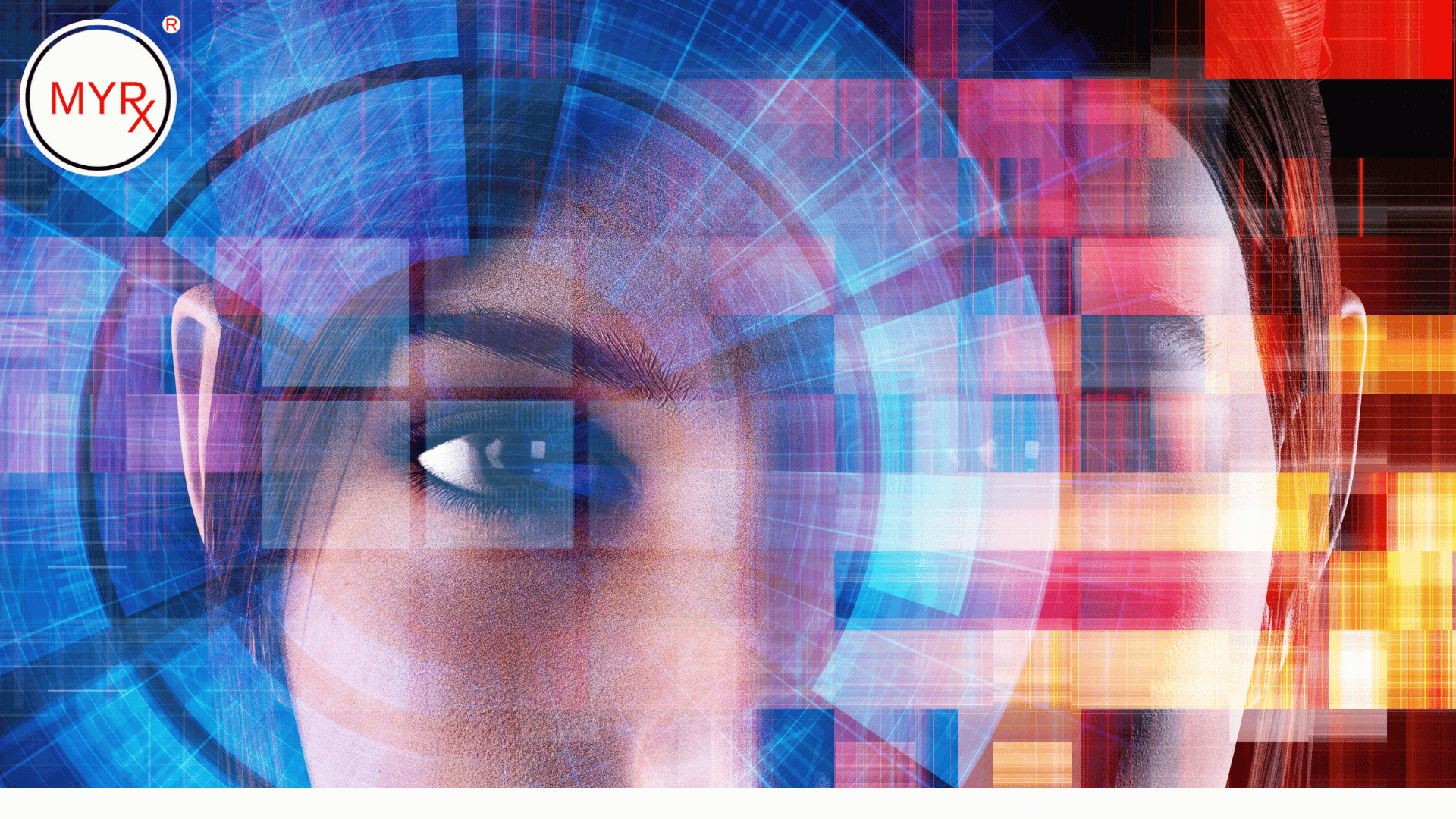
The Future of EHR Systems: Advancements and Innovations Revolutionizing Healthcare
Introduction
Electronic health record (EHR) systems have already transformed the healthcare landscape, improving the efficiency and accessibility of patient data. However, the future holds even more exciting possibilities as advancements and innovations continue to revolutionize EHR systems. This article explores the cutting-edge technologies and trends shaping the future of EHR systems, and how they will further enhance patient care, clinical workflows, and healthcare outcomes.
Artificial Intelligence (AI) and Machine Learning:
AI and machine learning algorithms have the potential to revolutionize EHR systems by analyzing vast amounts of patient data and extracting meaningful insights. These technologies can help healthcare providers identify patterns, predict disease outcomes, and personalize treatment plans. AI-powered EHR systems can also automate tasks such as data entry, documentation, and coding, reducing administrative burdens and improving accuracy.
Interoperability and Data Exchange:
The future of EHR systems lies in enhanced interoperability and seamless data exchange between different healthcare organizations and systems. Efforts are underway to establish standardized data formats and protocols, allowing for the secure and efficient sharing of patient information across disparate systems. Interoperable EHR systems will enable healthcare providers to access comprehensive patient records, reduce duplicate testing, and make more informed decisions.
Patient-Generated Health Data (PGHD):
The incorporation of patient-generated health data (PGHD) into EHR systems has the potential to revolutionize patient care and engagement. With the rise of wearable devices, mobile health apps, and remote monitoring technologies, patients can generate a wealth of health-related data outside of traditional clinical settings. Integrating PGHD into EHR systems allows for a more holistic view of patient health and facilitates personalized care and remote patient monitoring.
Blockchain Technology for Data Security:
Blockchain technology holds promise for improving data security and privacy in EHR systems. The decentralized and immutable nature of blockchain can enhance data integrity, prevent unauthorized access, and facilitate secure data sharing. By leveraging blockchain, EHR systems can provide patients with greater control over their data, enable secure health data exchanges, and mitigate the risks associated with data breaches and tampering.
Telehealth Integration:
The COVID-19 pandemic has accelerated the adoption of telehealth, and the integration of telehealth capabilities into EHR systems is becoming increasingly important. Seamless integration of telehealth platforms with EHR systems enables virtual visits, remote consultations, and digital health monitoring, creating a more comprehensive and connected healthcare experience. Telehealth integration also facilitates the efficient exchange of information between patients and healthcare providers, improving care coordination and accessibility.
Voice Recognition and Natural Language Processing:
Voice recognition and natural language processing technologies are poised to transform EHR systems by enabling more intuitive and efficient data input. Doctors can dictate clinical notes, record patient encounters, and input data using voice commands, reducing the time spent on manual data entry. Natural language processing algorithms can analyze and extract relevant information from unstructured clinical notes, making it easier to access and interpret patient data.
Conclusion
The future of EHR systems holds immense promise for healthcare providers and patients alike. Advancements in AI, interoperability, PGHD, blockchain technology, telehealth integration, and voice recognition are set to revolutionize the way patient data is managed, accessed, and utilized. These innovations will enhance clinical decision-making, improve patient care, and drive more efficient and connected healthcare ecosystems. As EHR systems continue to evolve, embracing these advancements will be crucial for healthcare organizations to deliver optimal care in the ever-changing healthcare landscape.